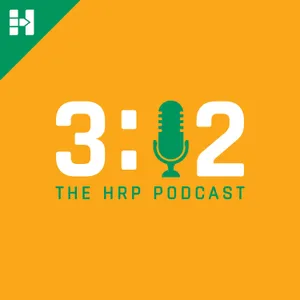How to hire the correct person - Science hacks with Dipl. Psych Ansgar Bittermann, CEO Goldblum

Employees are the backbone of each successful company. But the common hiring process produces 85% disengaged and wrongly hired employees. This results in a high quitting and firing rate or low performances and frustration in the job (for both employer and employee).
Thus the common hiring process is flawed. If you think about it: The whole hiring process is solely designed for the sole purpose of testing, if a person will fit into your company. If the fit is good, the person will feel engaged. If it is bad, the person will underperform, disturb the well-being of your team, quit internally, be fired or leave the company. But with 85% of the employees feeling disenganged and high firing and quitting rates, it seems that the process is 85% of the time wrong and needs to be changed.
And there are well studied science hacks how to flip this number upside down and hire the right candidates 80% of the time! Science has brought us artificial intelligence, improved medicine and a ticket to Mars. But when it comes to hiring, many people still ignore the results science has produced in the field of hiring. We can't talk on the one hand about the "War for Talents" and then on the other hand ignore that our hiring process might be highly underperforming.
For that reason Ansgar Bittermann, CEO of Goldblum, is going to show scientific findings and real life use cases of Goldblum's day2day work on how to use these science-hacks for your advantage and hire the right candidate.








